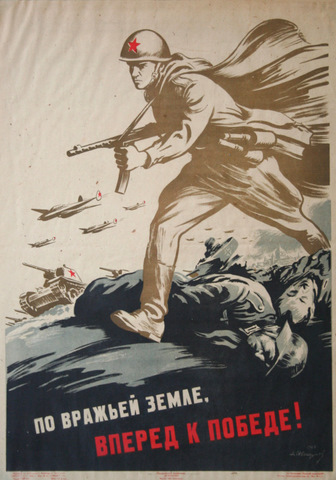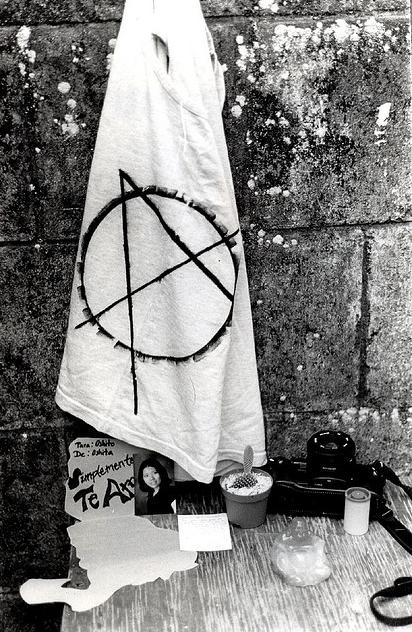|
|||||||||||||
Anarcho-Syndicalism versus Vol. 2: On Organizing the
Post #01
There is still a problem with middle class people who don't see themselves or refuse to see themselves as oppressed. With ownership of cars, TVs and alcohol, they are able to believe nothing is wrong. Enlightening those people will be a real problem for any US revolution. Herbert Marcuse said: "Society takes care of the need for liberation by satisfying the needs which make servitude palatable and perhaps even unnoticeable." I think he pointed out a relevant problem.
Post #02
Greetings, Otto,
If we have to use violence, prisons, and secret police to convince them, then they will become our most ardent enemies. White, middle-class Americans may not have thought of themselves as oppressed during the sixties, and yet they were significantly influenced by the demonstrations of Civil Rights movements. Demonstrations like these brought about British sympathy for the Indian people [*1] and military sympathy for striking, anti-Tzarist workers in Russia. [*2] Of all the protests during the Vietnam War that stirred onlookers, nothing compared to the self-immolation of the Buddhist monks — sitting perfectly still, with their legs crossed, and in an unmoved meditating position, as their gasoline-soaked body goes up in flames. [*3] We need to reach the people, and we're only going to do it by proving what it means when workers organize and fight Capitalism. And this organization to serve us is going to be the labor union. The difficulty of people being opposed to the Social Revolution is an issue that has been at the center of all Socialist debate. If we are going to convince people to join our cause, we have to do it with reason, logic, and deed. Certainly, there are more unionists in the United States or Europe than there are members of Communist Parties in those nations. The workers may think the interests of the Capitalist are their own (cultural hegemony), [*4] or they might just be bought off with the wealth they're receiving — or, maybe it's something in between. Either way, no matter what makes a worker confident in Capitalism, I can't see the political party being the most attractive thing to them. Quoting my favorite author, Étienne de la Boétie, in his book Slaves By Choice again…
Andy Carloff, Resources *1. "Britain Since 1945: A Political History," by David Childs, published by Routledge, 2000, page 28.
|





